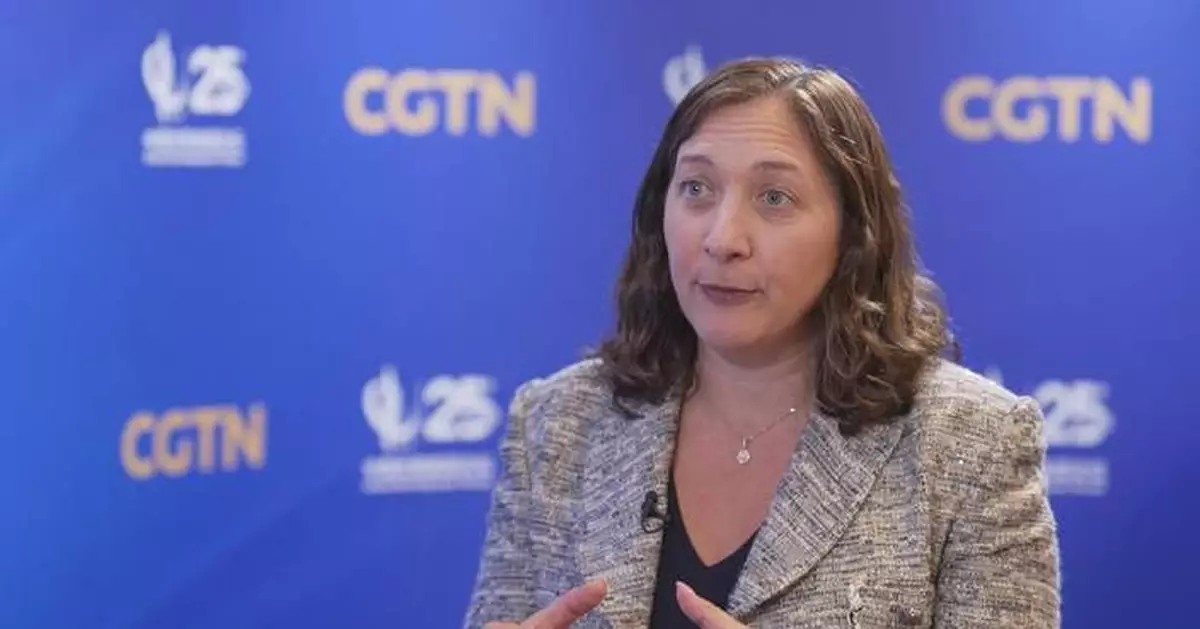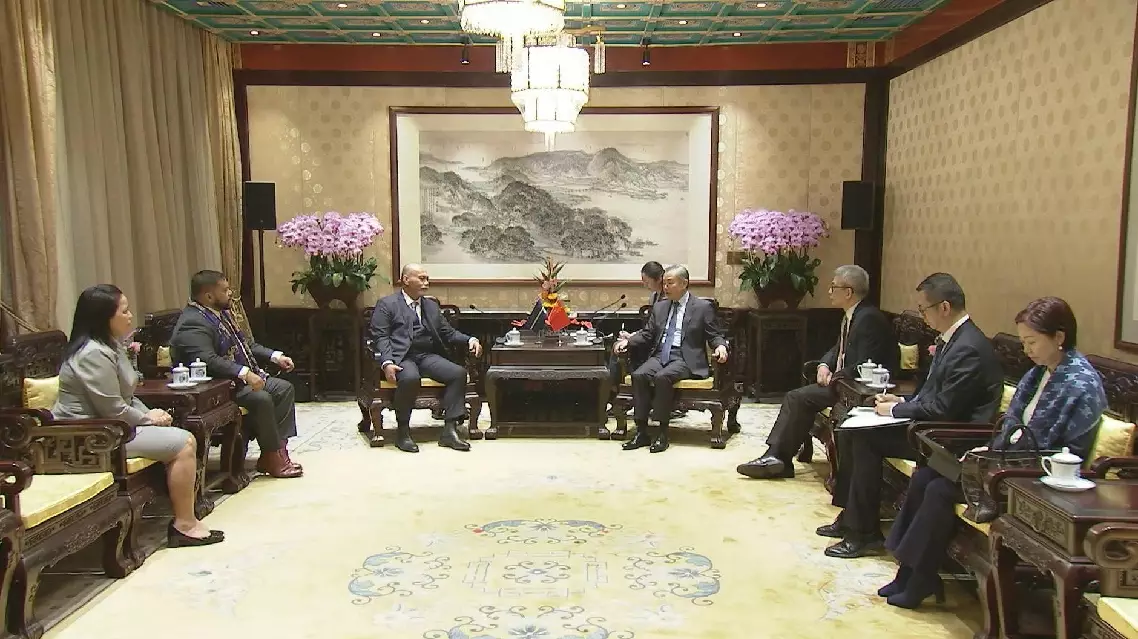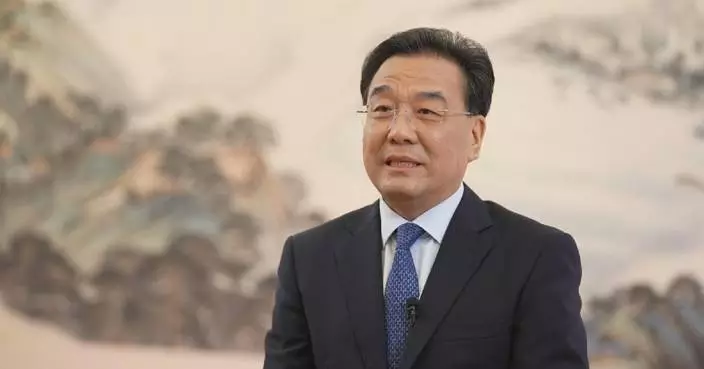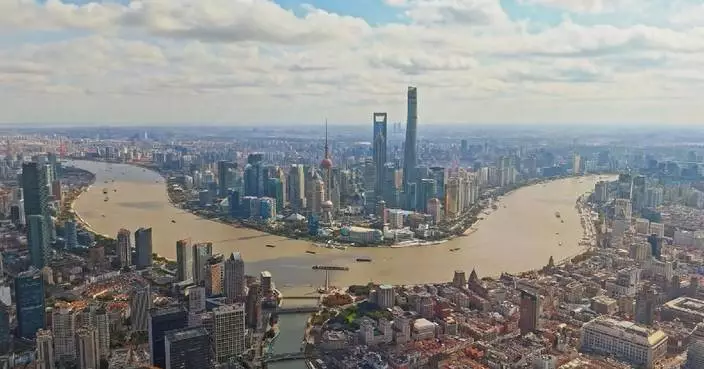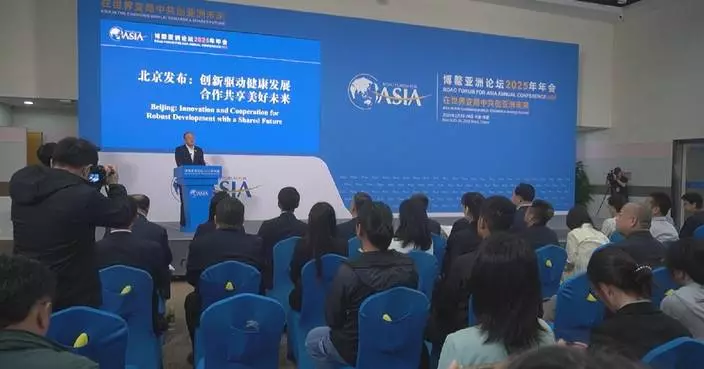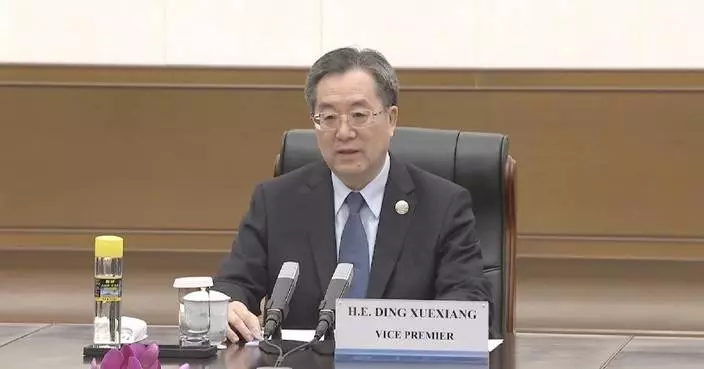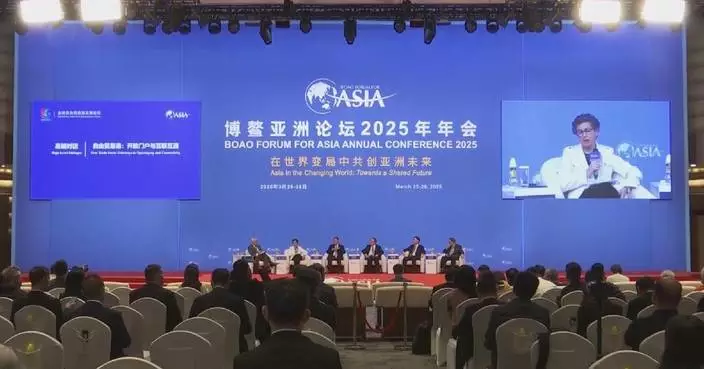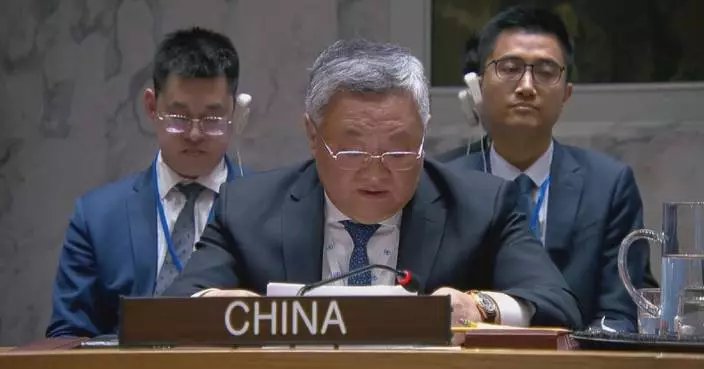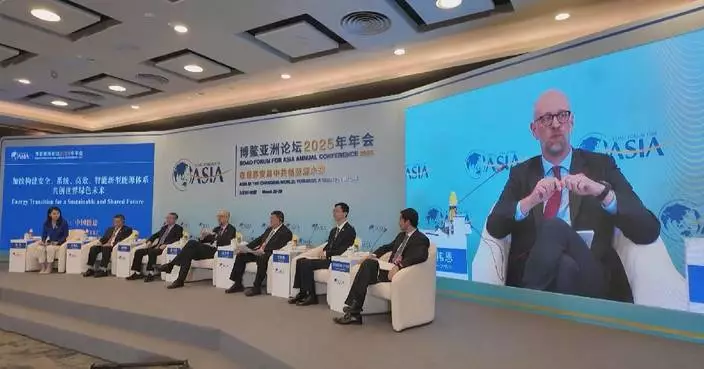Business leaders and scholars attending the China Development Forum 2025, held in Beijing from March 23 to 24, cautioned that the U.S. tariff policies will ultimately drive inflation and pass the cost onto American consumers.
Since U.S. President Donald Trump took office in late January, his plans to target key U.S. trading partners such as Canada, Mexico, Europe and China have stayed in global headlines.
Trump's erratic tariff threats have created a climate of confusion and uncertainty in the global economic landscape. In response, major economic powers have promptly implemented countermeasures to protect their interests.
"He has not picked exclusively on China. He has been going after Canada, Mexico, the European Union. Everyone, not just China. President Trump calculates that he can use tariffs to inflict more pains on others than the retaliatory tariffs that could inflict on the US," said John Quelch, executive vice chancellor of Duke Kunshan University.
In mid-March, the Trump administration announced a 25-percent tariff on imports of steel, aluminum, and certain steel and aluminum-containing products from the European Union (EU). In retaliation, the bloc announced a 50-percent tariff on American whiskey.
Trump then responded by threatening a 200 percent tariff on all wines, champagnes, and other alcoholic beverages from France and other EU member states unless the whiskey tariff was immediately lifted.
However, the reality is that Americans have a strong preference for European wines due to their affordability and quality, with 17 percent of all wine and liquor consumed in the United States imported from Europe.
The immediate effects of the tariffs are already evident. By imposing tariffs on goods from other countries, Trump's policies have led to higher costs for businesses, which are often passed on to U.S. consumers in the form of increased prices for everyday goods like clothing, electronics and household items.
Amid these developments, Jeffrey Sachs, an esteemed economist and professor at Columbia University, warned that it will ultimately be American consumers who bear the financial burden.
Hamid Moghadam, co-founder and chairman of Prologis, a global leader in logistics real estate, echoed this sentiment, cautioning that tariffs inevitably lead to long-term inflation.
Others questioned the viability of Trump's attempt to boost U.S. manufacturing through trade tariffs, arguing that such measures only backfire. They cited the U.S.-China relations as an example, highlighting their complementary technologies and potential for mutual economic growth.
"What we see from clients is actually that the U.S. and China have distinct and quite complimentary development in technology. And actually, generate benefits for both countries and for economic growth in both countries," said Hemione Hudson, chair and CEO of PwC China.
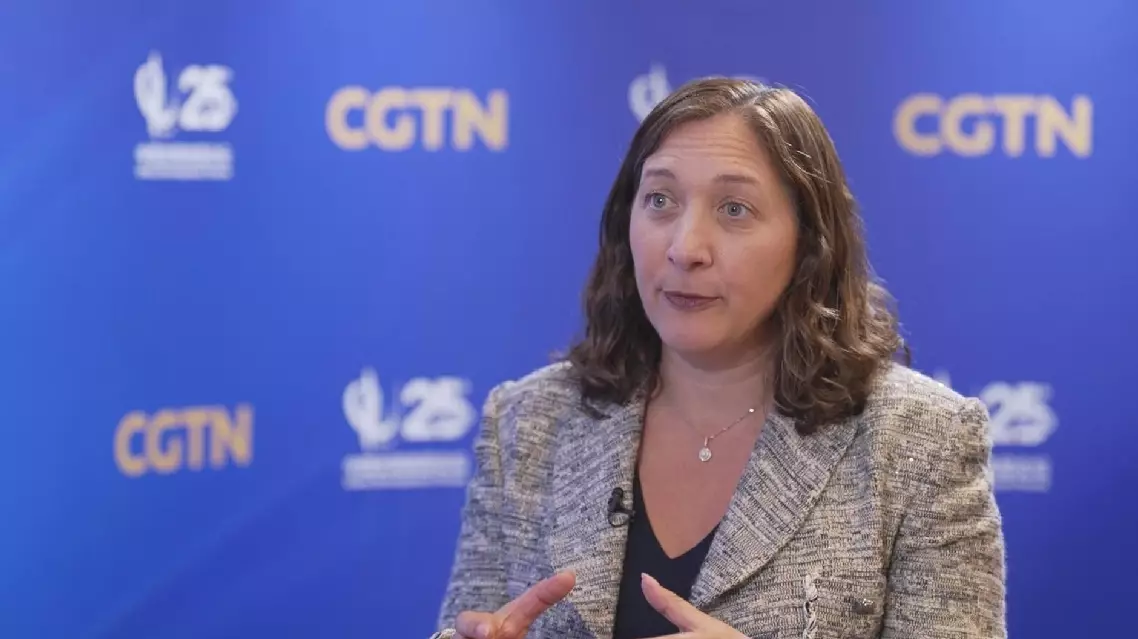
Experts attending CDF warn US tariffs to drive inflation, burden American consumers


